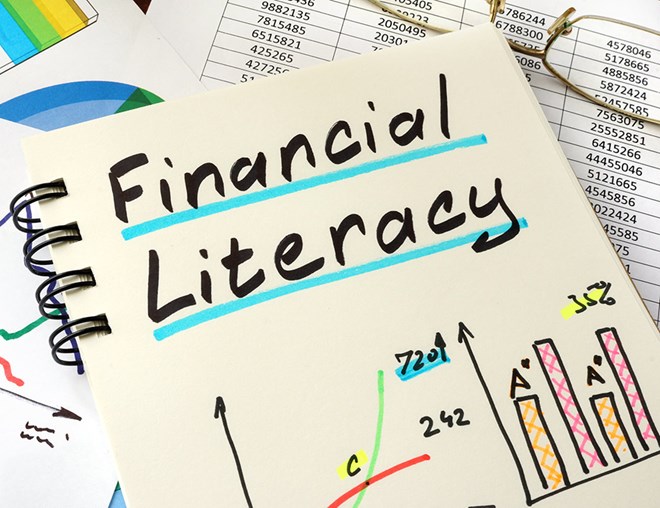
The Covid-19 pandemic has set lives of millions of people is danger. And it did not stop at that. It has also put millions of people out of job which dragged them in a financial crisis. The Covid-19 pandemic not only impacted everyone mentally, emotionally, and physically, it drained them financially as well. This has made investors more aware about the importance of financial planning and investing in the right investment options. As a result, investors everywhere started saving for a rainy day to ensure that they do not land in such a situation in the future. Experts advise all investors irrespective of their education, gender, age, and income level to be financial prepared and the learn the art of managing their finances.
As the economy and the markets in general are on their path to recovery and progress, retail investors have observed a spike in the investments. However, one must be solemnly concerned about the lack of financial literacy in the country as half knowledge is far more perilous than no knowledge at all. One of the best ways to bridge the gap between economic growth and the journey of wealth creation can be achieved by giving importance to financial literacy. Financial literacy includes everything that an investor must know about right from the use of credit or debit cards to understanding the way the accounts work, and understanding the different types of investments they can invest in to achieve their financial goals keeping their risk profile in mind in the desired duration of time. Absence of this basic knowledge might lead in an investor making ill-informed investment decisions, which could substantially hamper an investor’s financial portfolio. At the same time, if an investor is financially literate and holds the desired level of knowledge to manage their investments which is crucial for their financial success and growth.
The easiest way to begin being financially literate is understanding the basic concepts of managing debt, budgeting, understanding the importance of saving and ultimately investing:
- Debt – Debt is when an individual borrows money from an entity or an organization to achieve their goals. However, one must understand that debt can be good too. Debt can be considered good when an individual uses it to make a living, for instance buying a house or expanding their business or paying for their child’s tuition fees, etc. On the other hand, one must avoid borrowing money for things that they do not really need such as buying the latest model of the new phone, or going on a luxurious trip, etc.
- Budget – One of the simplest ways of understanding budget is that one’s inflow of cash should always be greater than outflow of cash. It is important for an investor to clearly understand the concept of budget as it helps them being financially independent and taking own charge of their lives.
- Saving – Saving refers to the concept where an investor tries to secure their present and also their unseen future circumstances. One must understand that saving is not the same as investing.